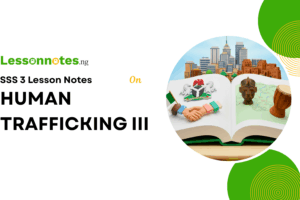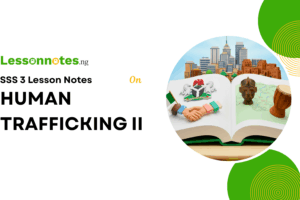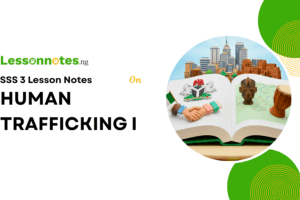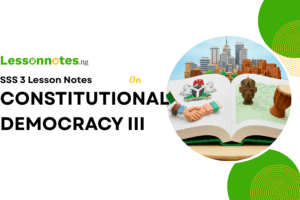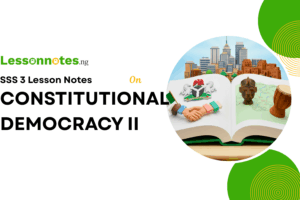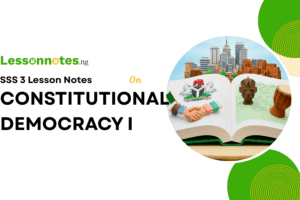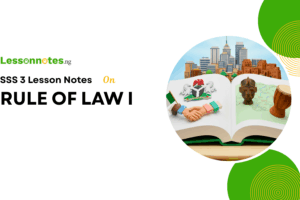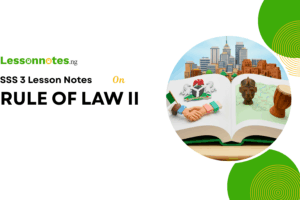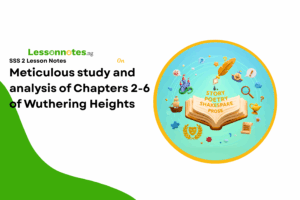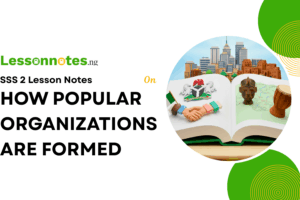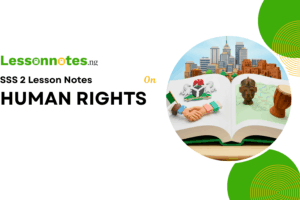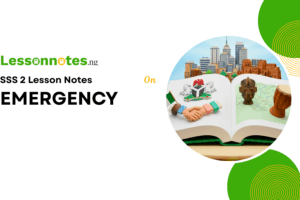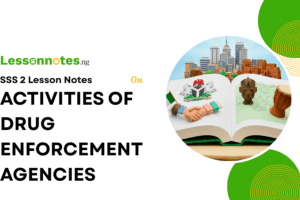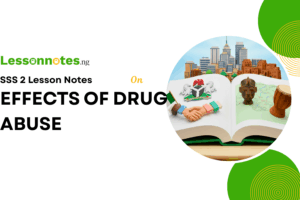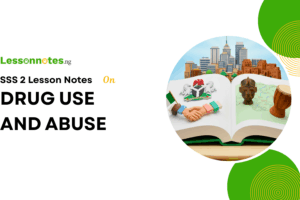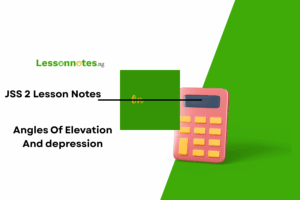Popular Participation SS2 Civic Education Lesson Note
Download Lesson Note
Lesson Notes
Topic: Popular Participation
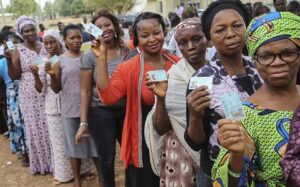
Popular participation is the willingness and active involvement of the people in the conduct of the affairs of the state at various levels. Popular participation is important in democracy and it allows for effective operation and stability of the political system.
FACTORS THAT CAN PROMOTE POPULAR PARTICIPATION
- Good governance.
- Supremacy of the constitution.
- Respect for human rights.
- Mass education.
- Enlightenment campaign.
- Freedom of press.
- Application of the rule of law.
- Free and fair election.
REASONS WHY PEOPLE DO NOT PARTICIPATE IN POLITICS
- Unfulfilled Political Promises: People refuse to participate in public affairs due to the failure or inability of the leaders to fulfil their promises.
- Illiteracy: The illiterates in the society see political activities as the birthright of the educated elite. Those who cannot read and write cannot be allowed to contest for any elective position. Therefore, they do not see any need to be actively involved in public affairs.
- Violence During Election: Many people stay from popular participation because of the frequent violence that characterized most elections. They prefer to sit at home to avoid being victims of violence.
- Poverty: Money plays a major role in any political system. The cost of an electioneering campaign is high. Many good candidates cannot afford to meet this financial obligation hence they remain at the level of mere voters.
- Cultural/Religious Beliefs: Some religions and cultures do not allow women to take an active part in public affairs. They see it as the duty of men.
- Fear of Intimidation: Most people believe that the influential in society could easily use their position to intimidate anybody they perceive as a viable opposition.
- Disability: Those who are physically challenged may not be able to participate actively in politics even when they have the interest.
- Military Intervention: Frequent intervention of the military in the administration of the state can create a lack of interest in political affairs.
- Election Rigging: People refuse to participate in politics because they believe their vote will not count. Hence, they prefer to stay back and watch from afar.


